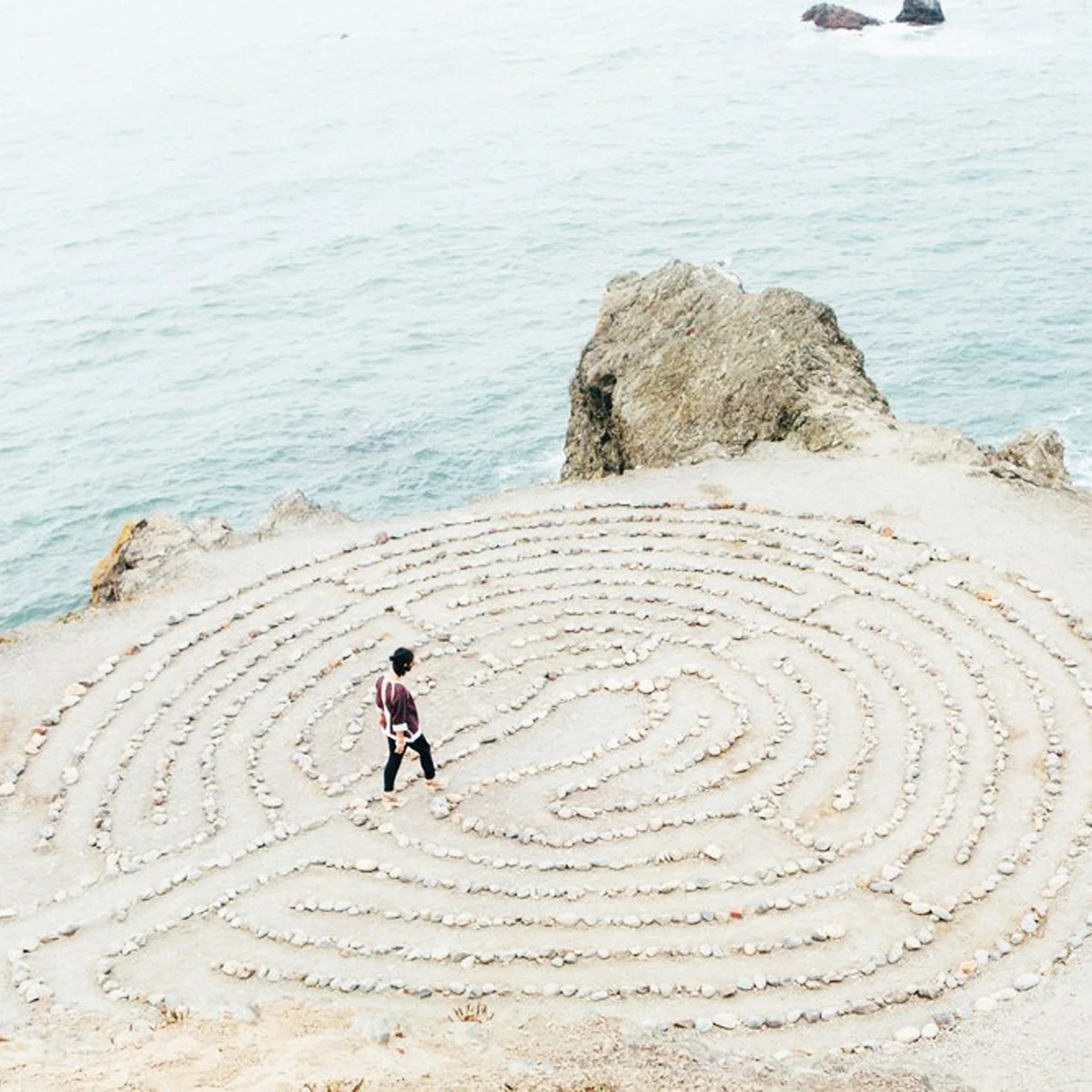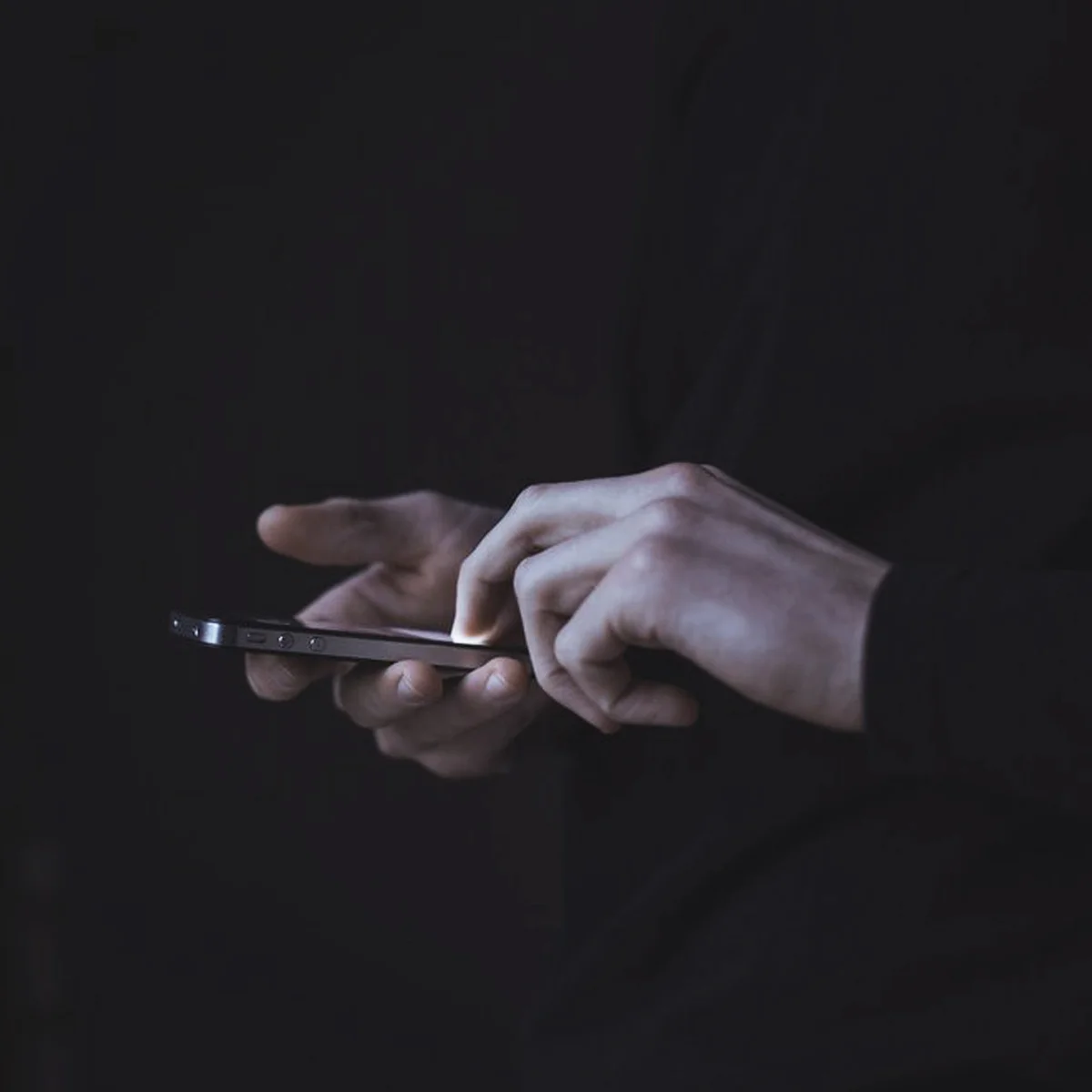WHY WE SHOULD UNPLUG TO FIND SOLITUDE
“We live, in fact, in a world starved for solitude, silence, and private: and therefore starved for meditation and true friendship.” - C.S. Lewis
We are never alone anymore. As the internet and devices become ubiquitous, so do our digital interactions and distractions. Whether that means detailing every part of our day with loved ones across multiple channels or engaging in heated anonymous debates about the latest Donald Trump gif, we are constantly a tap or swipe away from endless connections. From the moment we wake up to the moment we go to sleep, we fill up every spare moment with multiple conversations that occur simultaneously, dipping in and out at the peril of our dwindling attention spans.
Just as the development of technology in recent years has brought with it new meanings of what we consider private versus public, it has also brought with it a new definitions of what it means to be alone versus in company. But rather than fill up each free moment with content and interaction out of compulsive habit or a fear of being alone, we should look into how we could benefit from a little disconnection.
The Benefits of Being Alone
Without external interruption, we are more likely to get lost in our daydreams, free ourselves from excessive self-consciousness, and experience a greater sense of relaxation and hope. When we have an important decision looming, or are experiencing a persistent sense of unfulfillment, seeking solitude can help us consider our long-term goals and gain fresh perspective.
Similarly, being constantly interrupted by the noise of our digital devices can be catastrophic toward actually getting things done. It might not seem like it’s the case, but every single digital notification that captures our attention detracts from the time we spend concentrating on tasks. As much as we think we’re excellent multitaskers, science has proven the exact opposite. And as texts, emails and notifications add up and we’re coaxed by endless distractions, we lose track of the hours of time this swallows up in a day, and digress into a vicious cycle of unproductivity and stress.
This state of constant distraction is especially time-consuming and counter-productive when it comes to completing highly complex or longer-term tasks. So when we grant ourselves space away from distraction, these are great times to reach for that densely interesting book collecting dust on your bedside table, practice that new language or start a creative project.
Committing to a digital detox and practicing solitude doesn’t have to consist of sitting in complete silence or being extremely bored. It can simply be about replacing the time of hyperconnectivity with different types of activities that leave you feeling fulfilled and accomplished.
Social Solitude?
More digital connection does not equate to more meaningful connection. On the opposite side of the spectrum, unplugging from technology can also help us remember what it means to truly connect with someone. Spending time with another human being without the possibility of being distracted by our devices has become a rarity in our our modern world. Yet, when we do put our devices away, it’s easy to realise just how much this can impact the attention we are able to give and receive- and the depths of conversation we can allow to unfold without distraction.
A few recent research studies showed that, in a conversation between two people, the mere presence of a phone is capable of decreasing conversation quality and expressed empathy. Simply by being aware of a phone, our brain is triggered with what this object represents for us: a broad network of possible conversations, old and new friends, and endless notifications.
Surely you’ve experienced this countless times. Perhaps you’ve felt only part of your attention is with a colleague or family member, because rather you’re thinking about what conversations might be spurring via your smartphone. Or perhaps you’ve felt frustrated when someone has made you feel unworthy of their face to face attention, because they are too busy dispersing their attention to others digitally. Or maybe you’ve been in a yoga class or fully immersed in a creative task, when a random phone ringing suddenly tears you out of your sense of calm or state of flow.
Without even ringing or vibrating, our phones have the ability to jolt our awareness to a head full of concerns and cause us to forget what we were doing or saying just a moment ago. When we take time to disconnect, we are giving ourselves an opportunity to give the people around us full awareness and connect with them on a deeper level. We give ourselves more chances to observe and engage with the world around us in new ways.
Pulling the Plug
With the National Day of Unplugging coming up this weekend, it’s a great opportunity to challenge ourselves to take some time off from our digital devices.That fact alone that this task is so daunting for many of us should encourage us all to give it a go. Whether you’ll disconnect to reconnect with friends and family, go on an adventure, or simply take a bit of time to observe your thoughts, you might be surprised how a short bout of unplugging from technology could benefit you.
Your discussions may be less fact-based, entertainment might be less instantly gratifying, and you might have to think a little harder about what to do if you feel bored. But perhaps a friend will become a best friend, you’ll be reminded of the human creativity that exists away from the screen, or you’ll learn something you had not yet discovered about yourself. Join our team and hundreds of others unplugging this weekend, and see what can happen with 24 hours free from interruption.










